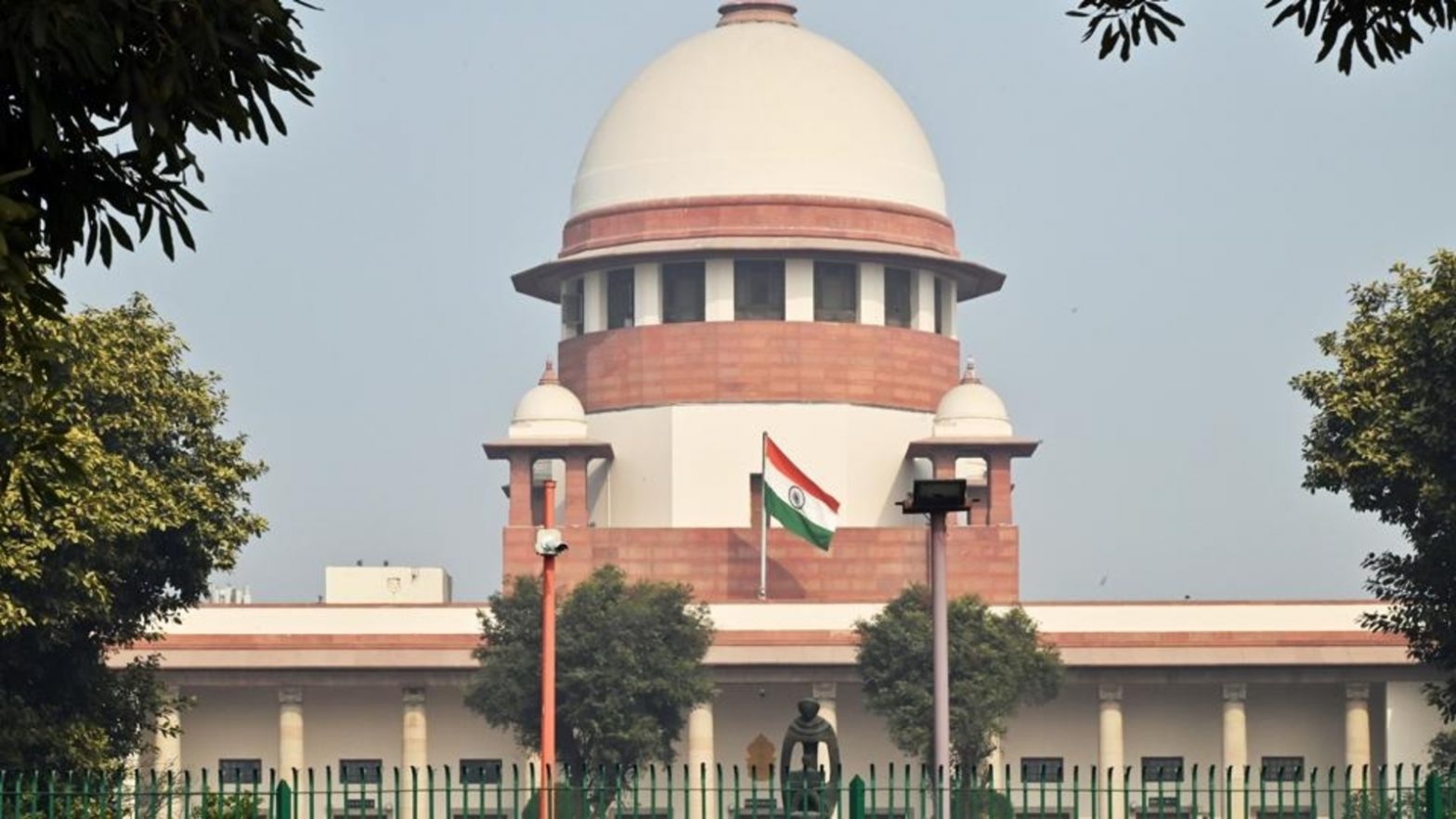New Delhi: The Supreme Court is set to hear a public interest litigation (PIL) questioning the constitutional validity of a provision in the Places of Worship Act, 1991, on Tuesday, April 1. Chief Justice of India (CJI) Sanjiv Khanna and Justice Sanjay Kumar will preside over the case, as noted in the court’s published cause list.
This bench is already considering multiple petitions contesting the validity of the controversial law, which prohibits lawsuits aimed at reclaiming a place of worship or altering its status as it was on August 15, 1947.
In an interim order issued on December 12, 2024, the Supreme Court instructed that no new cases would be registered under this Act while also halting any final decisions on existing cases until further notice.
The latest petition, filed by advocate Shweta Sinha, argues that Section 4(2) of the 1991 Act is arbitrary, irrational, and violates Articles 14, 21, 25, and 26 of the Constitution. The plea claims that this provision not only shuts down avenues for mediation but also undermines the judiciary’s authority, stating that the legislature cannot strip the judiciary of its role in resolving disputes through what is termed “colorable legislation.”
Previously, in March 2021, a bench led by then Chief Justice S.A. Bobde sought the government’s response to a plea by advocate Ashwini Upadhyay, challenging certain provisions of the Act that prevent legal actions aimed at regaining places of worship or modifying their character since August 15, 1947.
The plea contends that the 1991 Act was enacted under the pretext of “public order,” which is a matter reserved for the states, and that the Act infringes upon the fundamental rights of Hindus, Jains, Buddhists, and Sikhs to restore their places of worship and pilgrimage sites, which were allegedly destroyed by invaders. It further argues that the Act’s exclusion of Lord Rama’s birthplace while including that of Lord Krishna, despite both being significant deities, reflects arbitrariness.

